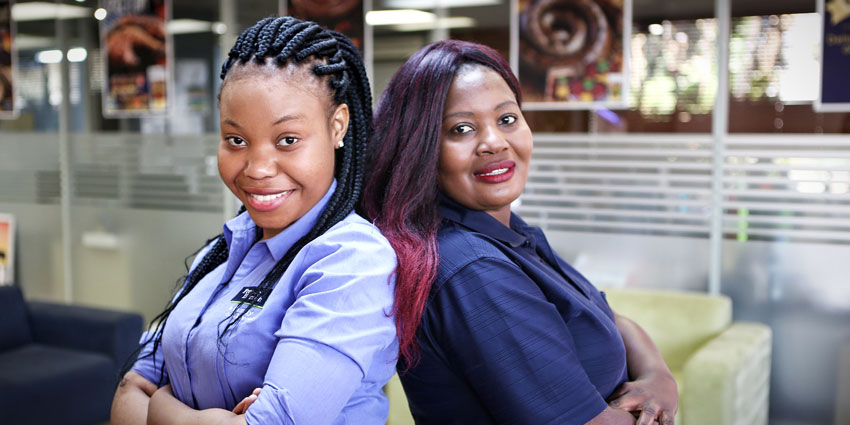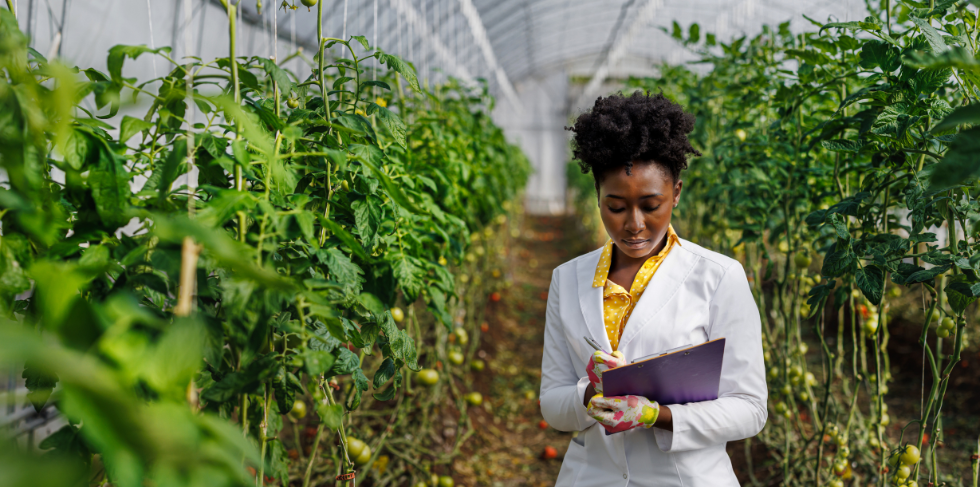Strange but true; there’s a demand in South African for butchers. This scarcity is in part driven by the high cost of a year-long learnership to become a butcher (±R75,000 per candidate butcher) that the industry deems as the trusted credential of ability to do the work.
But learnership costs aren’t the only reason for the lack of skilled butchers. Currently the maths and English requirements to become a butcher excludes young people with poor educational backgrounds and results. However, we know that the specific functional numeracy for the job (measurement in this case) can be taught relatively quickly. Moreover, only focussing on one’s proficiency in maths and English is a bottleneck and disregards a holistic view of a person’s employability.
So, what makes a good butcher?
The first thing candidates need to think about is their ‘socialisation’ for work – are you up for standing in a cold room working with carcasses for the whole day? The second thing to consider is personality type. Introverts perform much better in this environment. Chatting to the people around you is likely to get your hand lopped off in the bandsaw. And thirdly, you should be good with your hands – proxies for which can be sewing, doing beadwork, carpentry or tinkering with repairs.
Harambee Youth Employment Accelerator has designed a butchery programme for Freddy Hirsch, southern Africa’s largest supplier of industrial spices, casings, and meat processing equipment.
Michelle van Rhyn, manager of the butcher school, says, “We really wanted to address the problem of South Africa’s high level of youth unemployment, so we piloted with Harambee back in 2016. Our customers were pleased with our outcomes so we expanded the programme. We’ve also seen a large group of women come through the programme. Historically women don’t become butchers, but we’ve discovered they’re really good at it. Butchery is a scarce skill in South Africa. It gives lots of options for employment, from retail and wholesale to the food and beverage industry, and even as entrepreneurs.”
The programme is funded by Freddy Hirsch and a grant from the Food & Beverage SETA. Candidates are trained as ‘fresh meat processing technicians’ (i.e. butchers) up to NFQ (National Framework of Qualifications) level 3, the highest level available.
Getting employers to challenge their inherent assumptions about what’s required for work and really think about what’s needed for the job is the hard yards of cracking youth unemployment, but thankfully we’ve got partners in business and government who are committed to changing the status quo.
Watch this video of Harambee female candidates working as butchers.





 Stay Connected
Stay Connected



